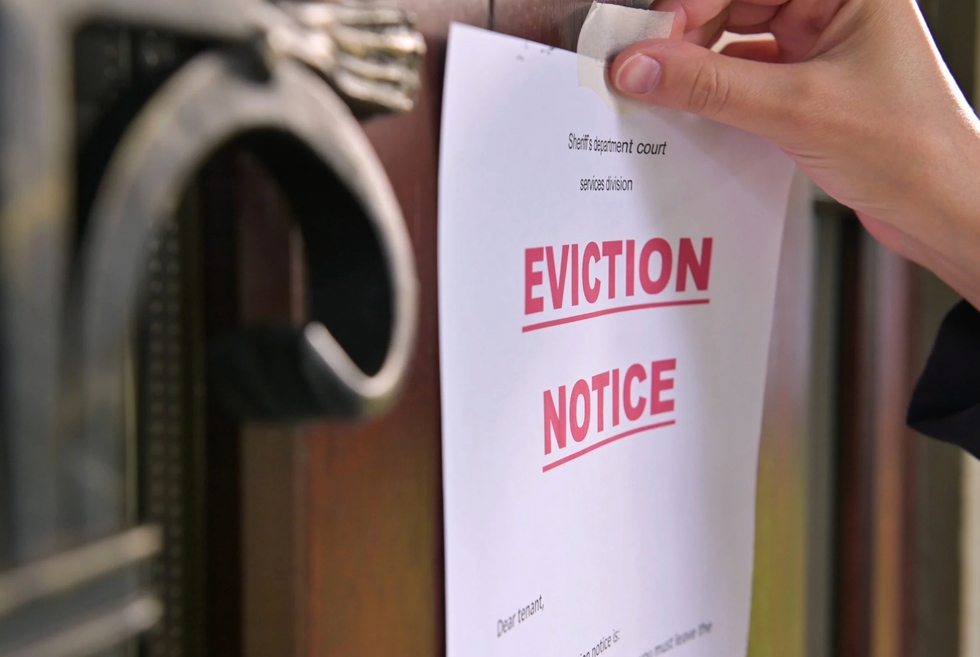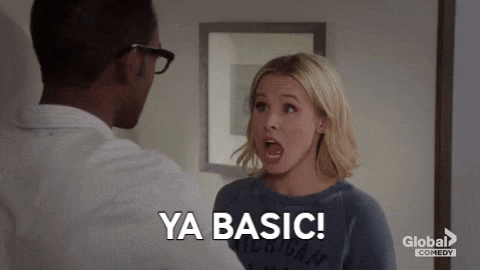In November 2017, Vermont became the first state in the country to approve ultimate Frisbee as a high school varsity sport. The sport, invented by a group of New Jersey high school students in the 1960s and played by tossing a disc down the field to score a goal, is known for its hippie-esque rules, including a lack of referees (players rely on self-officiating) and its mixed gender teams. Diehard fans love it as a sport that bucks the usual sport conventions.
But while Vermont will honor ultimate Frisbee’s no-refs rule, officials have decided to veer from the mixed-gender norm and will exclusively offer separate boys and girls teams. For many fans of the sport, the decision is a betrayal of ultimate Frisbee tradition. Creating gender-exclusive teams is an equity issue for women and nonbinary players that will affect the opportunities and exposure women and nonbinary players have at an important and precedent-setting level in the sport.
Since its inception in 1968, ultimate Frisbee has steamrolled in popularity. According to USA Ultimate, the national governing body for the sport in the U.S., 7 million adults and youth play ultimate Frisbee in more than 80 countries across the world. Some pro and championship games and highlights are even televised on ESPN — the sort of standard that demonstrates legitimacy for a sport — and in 2015, the World Flying Disc Federation was recognized by the International Olympic Committee, making the sport eligible for future Olympic Games.
Which is why Vermont’s decision has upset many ultimate Frisbee fans. The move signals that the sport is about to follow the trend of just about every other team sport in the world and save its exposure, promotion, and dollars for men’s teams. Vermont’s decision sets an inequitable precedent for future states that will very well leave women and nonbinary players out of the spotlight.
The issue of centering on male athletes in the quest to attain legitimacy for ultimate Frisbee has long been a topic of debate as the sport has grown. While it generally offers three team dynamics – mixed (all genders with parameters around even representation), exclusively women's, and open (men's, but women may play), the teams that are getting the most exposure are, predictably, the open (men's) teams.
In fact, the sport’s professional arm, the American Ultimate Disc League, includes 24 professional teams consisting of roughly 600 players, but there is only one woman on the roster — Jesse Shofner. Shofner was signed to the Nashville Nightwatch just this year, and in AUDL's first five years, she's the first woman ever to be signed on to a pro team in the league.
The growing gender discrepancy in the sport has led to the formation of Upwind Ultimate, an organization created to increase the value of women in ultimate Frisbee. They center these kinds of gender-equity conversations on social media and on their website with discussions and videos about the AUDL's gender bias, male-player privilege, and microaggressions women and nonbinary players face in the sport.
In December 2017, a group of ultimate Frisbee fans and athletes planned a boycott of the AUDL. Skyd Magazine printed a statement from the boycott organizers calling for equal representation at the highest, most visible level of the sport. The boycott is signed on by prominent leaders and players in ultimate Frisbee, with Shofner among them.
As the sport gains traction, these conversations about how one of ultimate Frisbee's core equity values is playing out becomes more urgent. When men's teams are the default “legit” teams in every sport, true gender equity within a sport must recognize that disparity and work against it. According to reporting by Ultiworld, like in other high school sports in Vermont, girls will still be allowed to compete on the boys' team. But, girls and nonbinary players should not have to request placement on the most watched, most valued team; they should have the same opportunity to play on that team as every guy.
Placing the onus on already devalued athletes to ask for placement on the men's team reinforces the idea that women are weaker and that special consideration must be made for them when they wish to play on the men's team. The request, itself, is a barrier. Women and nonbinary players expose themselves to potential ridicule and harassment when they make such requests.
Legitimizing women and nonbinary players in sports depends on team sports normalizing mixed-gender play because doing so elevates women and non-binary players to the level of men and concretely demonstrates that all athletes are on equal footing. Ultimate Frisbee, because of its roots, is uniquely poised to do just that. But, in the quest for exposure and legitimacy, the question remains: Will they achieve it?

















 Tow truck towing a car in its bedCanva
Tow truck towing a car in its bedCanva  Sad woman looks at her phoneCanva
Sad woman looks at her phoneCanva  A group of young people at a house partyCanva
A group of young people at a house partyCanva  Fed-up woman gif
Fed-up woman gif Police show up at a house party
Police show up at a house party 
 A trendy restaurant in the middle of the dayCanva
A trendy restaurant in the middle of the dayCanva A reserved table at a restaurantCanva
A reserved table at a restaurantCanva Gif of Tim Robinson asking "What?' via
Gif of Tim Robinson asking "What?' via 

 An octopus floating in the oceanCanva
An octopus floating in the oceanCanva


 A woman relaxes with a book at homeCanva
A woman relaxes with a book at homeCanva An eviction notice is being attached to a doorCanva
An eviction notice is being attached to a doorCanva Gif of Kristen Bell saying 'Ya basic!' via
Gif of Kristen Bell saying 'Ya basic!' via